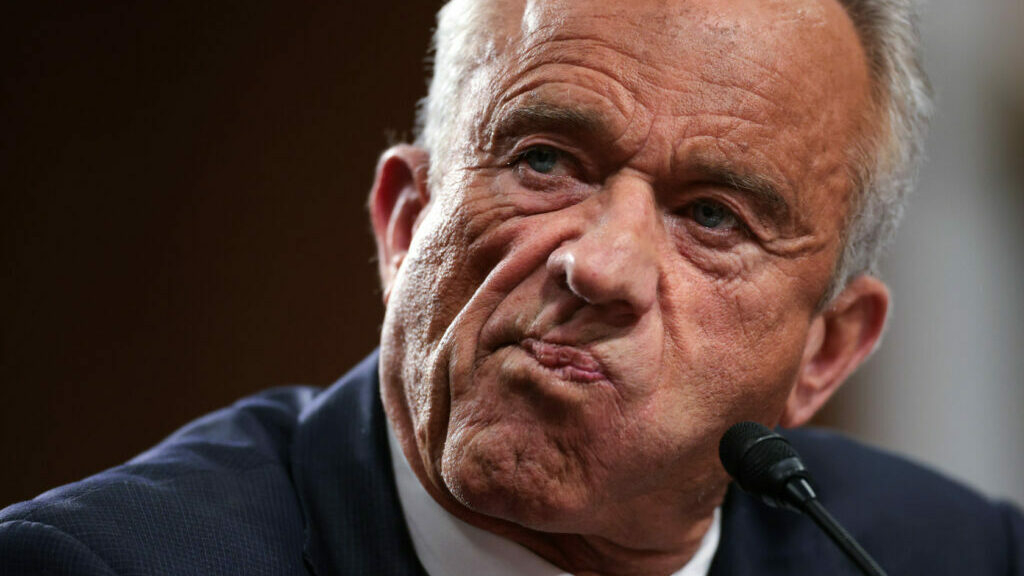Vaccine Revolt: How Florida's Health Policies Are Reshaping America's Medical Landscape

In a groundbreaking move that could reshape public health policy, Florida is poised to become the pioneering state to eliminate all vaccine mandates, potentially putting children and communities at significant risk. The proposed legislation would dismantle long-standing immunization requirements for schools, healthcare settings, and other public spaces, marking a dramatic shift in how the state approaches preventive healthcare.
Experts warn that removing these critical vaccination protocols could open the door to resurgences of previously controlled infectious diseases. Childhood immunizations have historically been a cornerstone of public health strategy, preventing devastating outbreaks of measles, mumps, rubella, and other potentially life-threatening illnesses.
While proponents of the bill argue for personal medical freedom, public health professionals express deep concern about the potential consequences. Removing vaccine mandates could create vulnerable populations, especially among children and immunocompromised individuals who rely on community immunity for protection.
The proposed legislation represents a radical departure from established medical guidelines and could set a dangerous precedent for other states considering similar measures. As the debate intensifies, the potential public health implications hang in the balance, with the health and safety of Florida's residents at stake.








